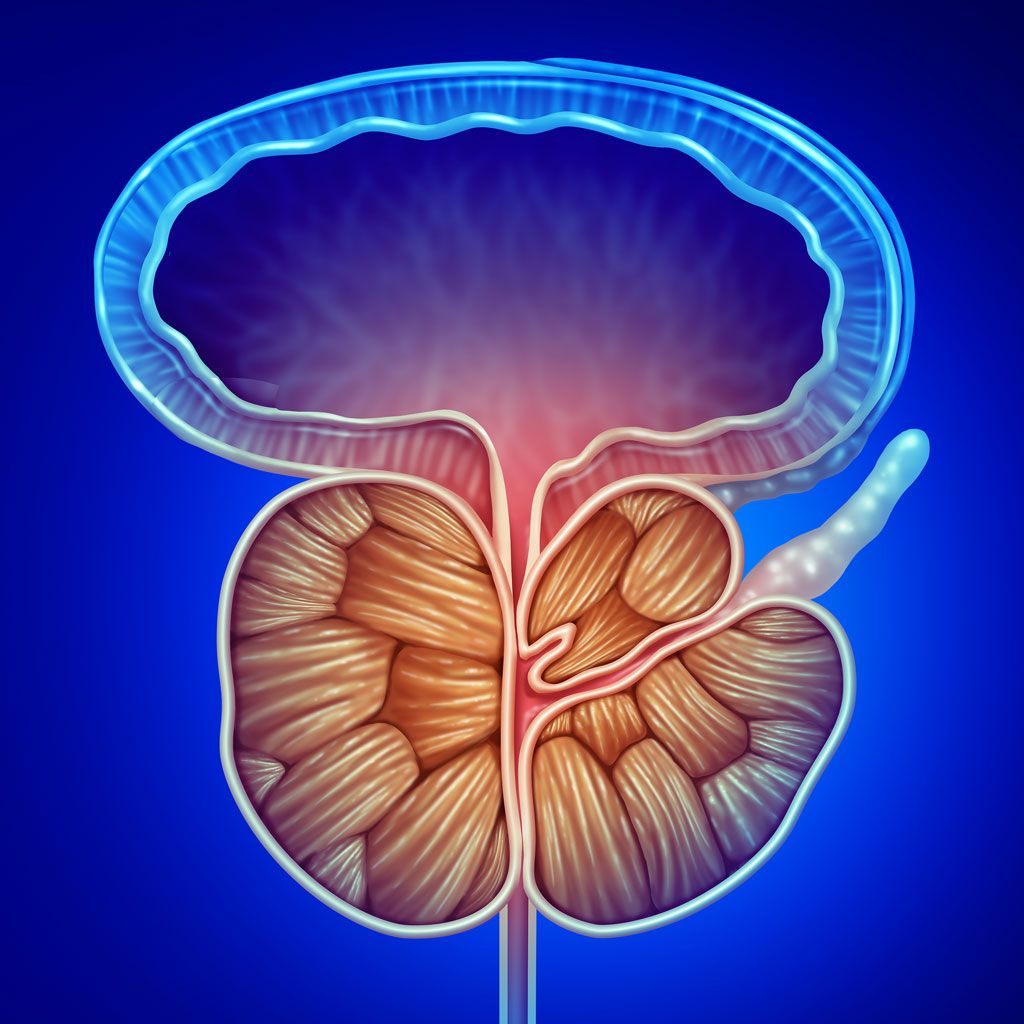Superior Rectal Artery Embolization (SRAE)
What is Superior Rectal Artery Embolization (SRAE)?
Superior rectal artery embolization (SRAE) is a minimally invasive procedure used to treat hemorrhoids. Hemorrhoids are swollen veins in the rectum and anus that can cause discomfort, bleeding, and pain.
Who is Superior Rectal Artery Embolization (SRAE) for?
-
-
SRAE is an attractive option for patients who have failed to find relief with traditional treatments, such as creams, ointments, and suppositories, or who do not want to undergo surgery.
-
What does the research say about Benign Prostatic Hyperplasia (Enlarged Prostate)?
-
Minimally invasive
-
High success rates
-
Minimal pain and discomfort
-
Reduced risk of complications
-
Suitable for all types of hemorrhoids
-
Outpatient procedure
-
Quick recovery time

Overview
What is Superior Rectal Artery Embolization (SRAE)?
Superior rectal artery embolization (SRAE) is a minimally invasive procedure used to treat hemorrhoids. Hemorrhoids are swollen veins in the rectum and anus that can cause discomfort, bleeding, and pain.
Who is Superior Rectal Artery Embolization (SRAE) for?
- SRAE is an attractive option for patients who have failed to find relief with traditional treatments, such as creams, ointments, and suppositories, or who do not want to undergo surgery.
Superior rectal artery embolization (SRAE) has several benefits for the treatment of hemorrhoids, including:
-
- Minimally invasive: SRAE is a minimally invasive procedure, which means it is performed using a small incision and does not require general anesthesia. This results in a shorter hospital stay and a faster recovery time than traditional surgery.
- High success rates: SRAE has high success rates in treating hemorrhoids, with studies reporting success rates of up to 90%. This means that most patients experience significant improvement in their symptoms after the procedure.
- Minimal pain and discomfort: SRAE is associated with minimal pain and discomfort compared to traditional surgery, and patients typically require only mild pain medication after the procedure.
- Reduced risk of complications: SRAE has a lower risk of complications compared to traditional surgery, such as bleeding, infection, and incontinence.
- Suitable for all types of hemorrhoids: SRAE can be used to treat all types of hemorrhoids, including internal, external, and mixed hemorrhoids.
- Outpatient procedure: SRAE can be performed as an outpatient procedure, meaning that patients can return home the same day as the procedure.
- Quick recovery time: Most patients can return to their normal activities within a few days after the procedure, which is significantly faster than traditional surgery.






